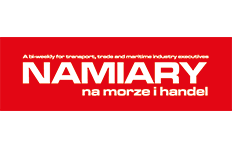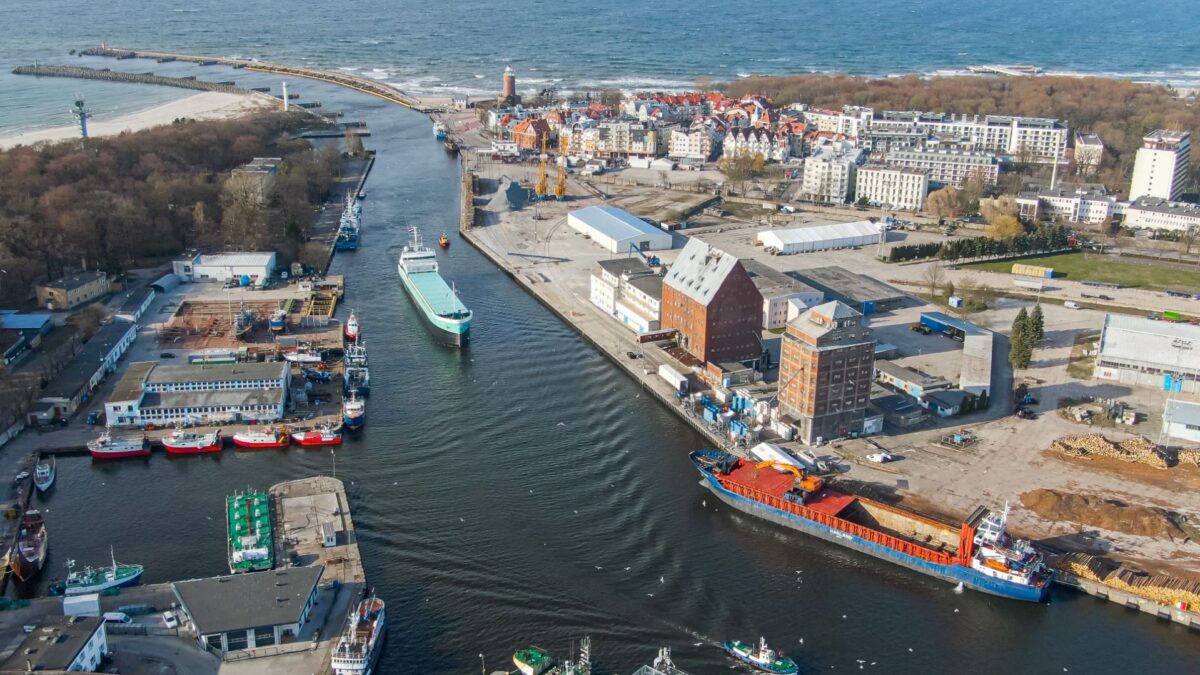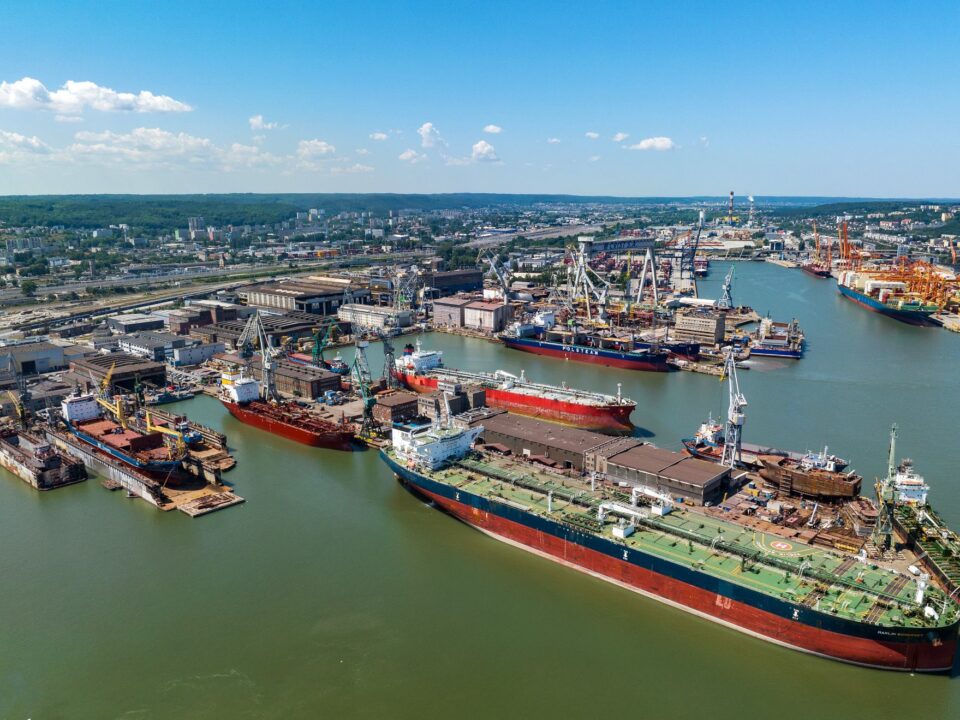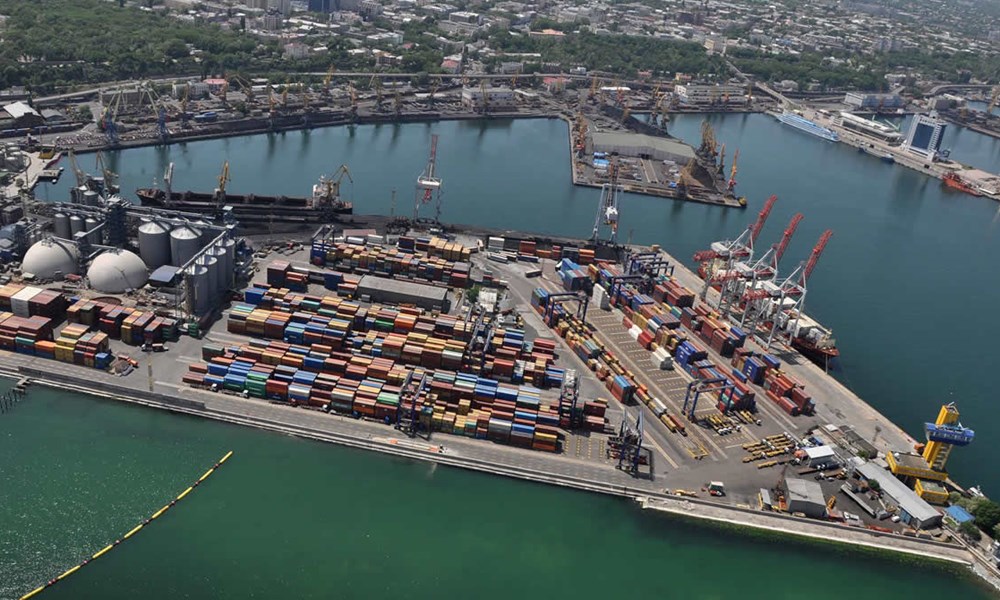
Ukraine and the maritime insurance market
18 August 2023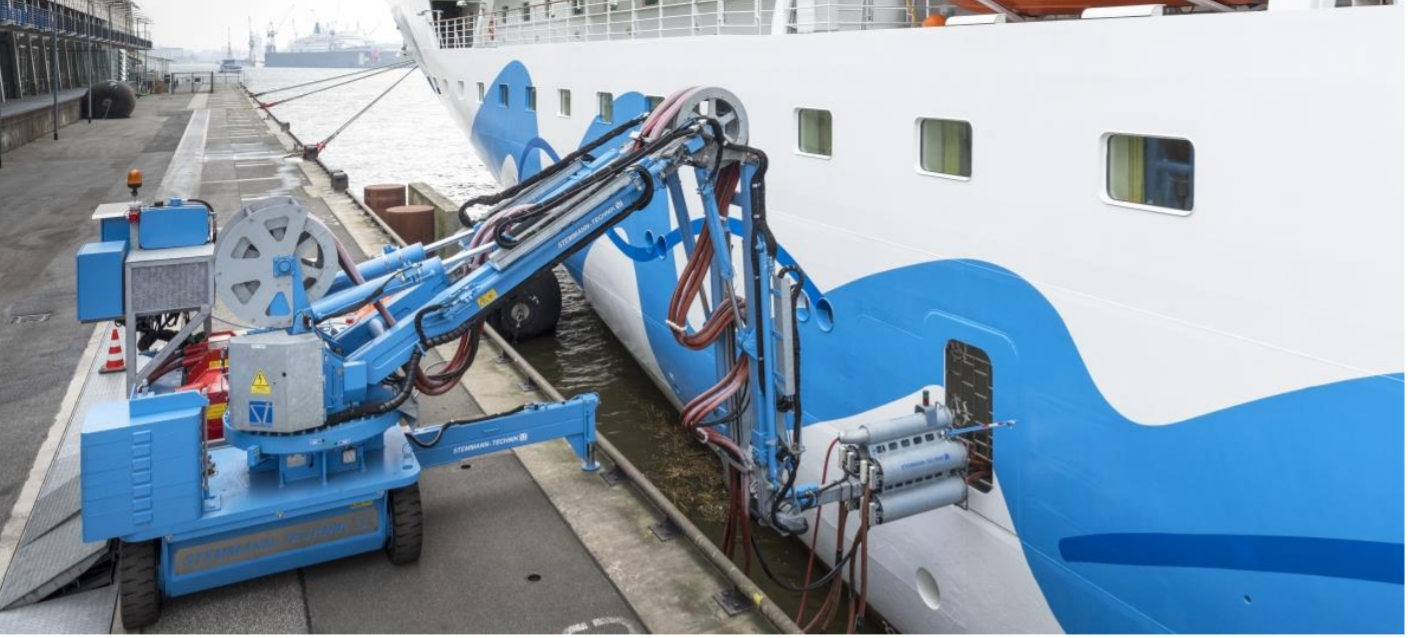
Onshore power will flow
19 September 2023Poland has a total of 29 small ports, but their development is being held back by insufficient funding; the realizing of their full potential is impossible without investment in port infrastructure – claims a report by the Supreme Audit Office. The audit was conducted in 14 units in the Pomeranian and West Pomeranian provinces (in 5 municipal offices, 6 municipal companies, 1 municipal budget unit and 2 maritime offices). Its purpose was to check whether the operations of small seaports were carried out properly and had the intended effect.
In Poland, 25 small ports are located in Pomorskie and Zachodniopomorskie Provinces. They are divided into regional ports (Darlowo, Hel, Kolobrzeg, Leba, Police, Stepnica, Ustka, and Wladyslawowo) and local ports. The factors that determine regional status are outreach and economic potential. Some of the ports have only the character of fishing ports (e.g. Przytór and Wapnica). As for ownership issues, the port lands belong to various entities: municipalities, the State Treasury and private individuals. The most common is a combination of state and municipal ownership.
A major advantage of most small seaports is their multifunctionality and the possibility of developing further activities, based on existing land resources and modernized and expanded port infrastructure. Unfortunately, the functional weakness of these ports is largely due to the seasonality of some of the economic functions and the lack of development of alternative activities.
– The lack of clarified plans by some local governments for the use of the ports is one of the main risks associated with their development. Certainly, the limited resources that port municipalities can invest in infrastructure development are also among the risks, the document reads.
The results of the audit report that entities managing small seaports did not comply with statutory obligations regarding development planning (irregularities were found in 13 of 14 units). It was also found that there were insufficient funds to enable development, as well as ongoing maintenance of the infrastructure. The larger investments that were successfully completed were generally financed partly with EU funds.
The SAO stresses that a significant problem is the restriction in the access of vessels to ports due to the lack of adequate depth of approach tracks, which are the responsibility of the maritime administration. The reason for this state of affairs is also the lack of adequate funds for restoring and maintaining adequate port access infrastructure.
As for the financial situation and sources of revenue, the highest was achieved by ports that are municipal companies. They drew funds from leases, rental of port properties, service charges for the use of infrastructure and port fees. However, as many as 8 of the ports audited showed significant irregularities in the performance of duties of a financial and accounting nature. These concern the accuracy of bookkeeping, the recording of property, or the classification of fixed assets. Deficiencies in the valuation of port properties managed by the Maritime Offices in Szczecin and Gdynia constituted a violation of statutory obligations to record State Treasury property. Failure to disclose property in the financial statements of a given authority not only understated the value of the port’s assets, but affected the completeness of the summary records and the value of the Treasury’s assets.
In addition, entities managing small ports have committed violations of regulations or rules on managing port infrastructure and maintaining security. First and foremost, they did not fully comply with their obligations under the Construction Law to periodically inspect the technical condition of buildings and structures, implement follow-up recommendations or maintain a building book.
It was also found that most of the audited entities were doing little in the way of safety and fire protection. There were also limited supervisory activities in the area of occupational health and safety.
As a result, the SAO has submitted proposals to the Minister of Infrastructure to amend provisions in the Law on Ports and Harbors to create the possibility of subsidizing from the state budget projects aimed at maintaining adequate depths of internal port basins for entities managing small ports, to ensure consistency in fire protection regulations, and to introduce an obligation to plan the development of a port managed by a maritime administration body with consultation with the relevant municipality.
In addition, it was recommended that the Ministry of Infrastructure provide funds for the systematic implementation of the tasks of the maritime administration regarding the ongoing maintenance of the depth of the fairways and the strengthening of management control over the maritime administration bodies; the port management authorities were recommended to conduct ongoing implementation of the tasks of ensuring the safety of port infrastructure and port waters.
Article developed with Namiary na Morze i Handel magazine
phot. Namiary na Morze i Handel magazine
